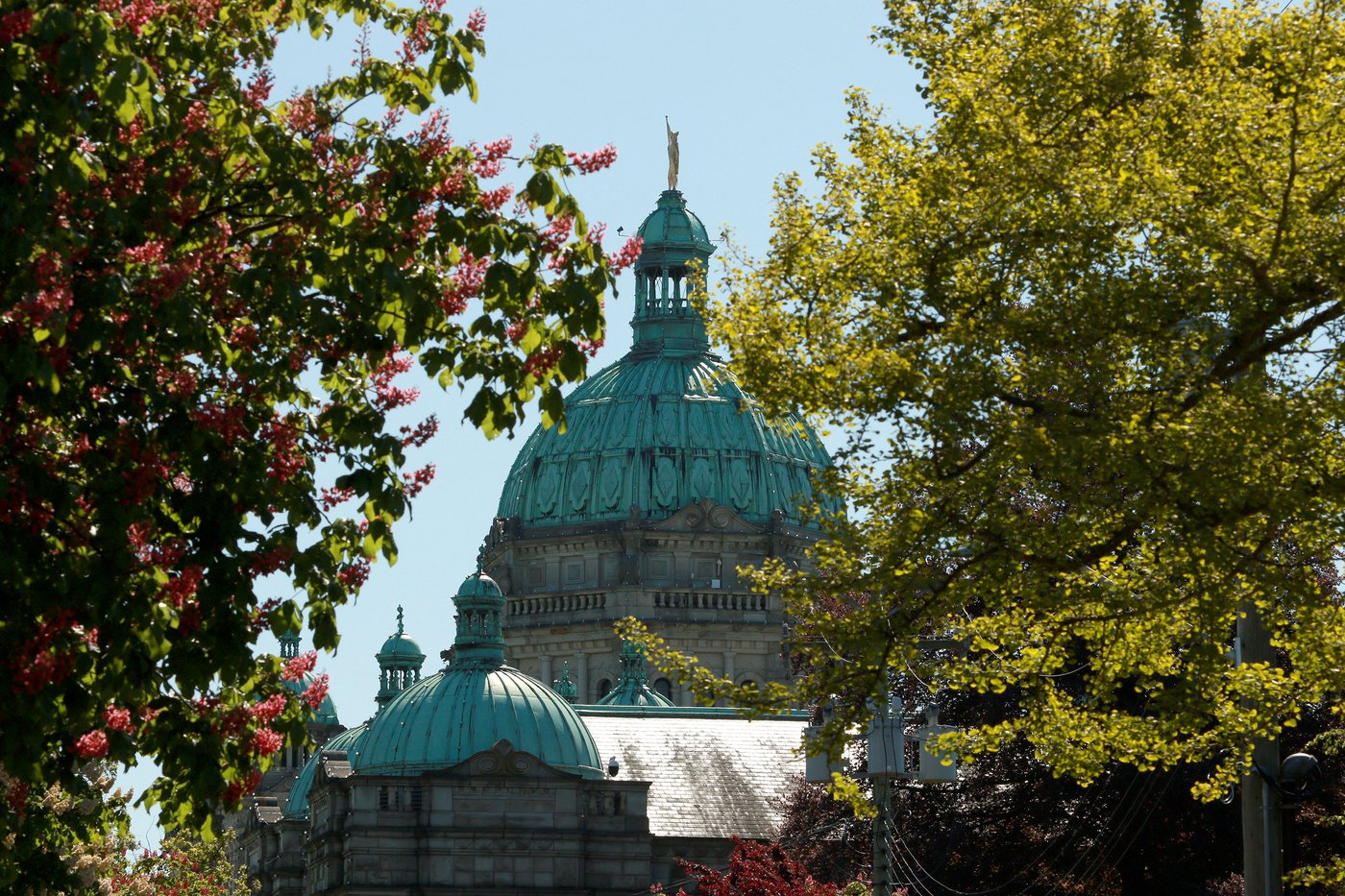Elevate your local knowledge
Sign up for the iNFOnews newsletter today!

Two unions representing British Columbia professionals and public service workers escalated their weeks-long job action on Thursday to include about 26,000 staff across more than 20 ministries and provincial Crown corporations and agencies.
The Professional Employees Association, whose members include engineers, foresters and geoscientists, said more than 1,000 staff from the health, mining, transportation, resource stewardship and attorney general ministries are on strike.
The association had previously joined job action by the BC General Employees’ Union in its dispute with the province by picketing a number of government offices.
The BCGEU also escalated its job action Thursday to include about 25,000 public service workers across 475 work sites.
The union said 19 ministries and B.C. Crown corporations were “fully struck” by its job action, including the ministries of finance, citizens’ services, infrastructure, energy and Indigenous relations, as well as the Forest Practices Board, Royal BC Museum and BC Pension Corporation.
The union said it was maintaining “essential service levels where required by law,” but it warned that further escalation is possible if the government doesn’t return to the bargaining table to work out what it described as a “fair deal.”
The BCGEU has said public service workers are facing an affordability crisis.
Finance Minister Brenda Bailey said she knows the strike is affecting people and businesses, but she gave no signal while speaking to reporters at the legislature on Thursday that the province would revise its existing proposal for a five-per-cent wage increase.
“It’s our goal to get back to the table, but we need this union to bring a reasonable offer forward,” she said.
The existing offer keeps pace with inflation and provides additional money for those workers who are the lowest paid, Bailey said.
“Our last offer is a good offer and we’re looking forward to hearing from them,” the minister said of the public services workers’ union.
Workers at B.C.’s Liquor Distribution Branch are on strike and all provincially run liquor and cannabis stores are behind pickets heading into the Thanksgiving long weekend.
The strike also includes all Service BC workers in areas such as drivers licensing, student loans and income and disability assistance.
Asked about the impacts of the strike on people’s everyday lives, Bailey said there are delays for some services, but “things remain moving.”
Attorney General Niki Sharma was asked later Thursday why liquor and cannabis stores haven’t been deemed essential services as they were during the COVID-19 pandemic, but she didn’t directly answer the question.
“What I will say is that we’re hopeful that we can come to an agreement at the table, where it belongs,” she said during an unrelated news conference.
“As a government, we want to respect the rights of workers and make sure workers are paid fairly, and make sure that we’re responsible to taxpayers while we’re doing that.”
Sharma said B.C. officials were focused on finding a resolution to the job action.
In B.C.’s Interior, Colton Davies with the Thompson-Nicola Regional District said regional officials were continuing to co-orindate with provincial staff in relation to a state of local emergency prompted by an illegal dam threatening to burst.
The district issued an evacuation order for 14 properties earlier this week after saying the unauthorized dam on Fadear Lake could fail and create an uncontrolled release of water in the area northeast of Kamloops.
The district is leading the response to the threat and job action had not affected its daily co-ordination with provincial staff, Davies said in an email Thursday.
Melissa Moroz, executive director and lead negotiator for the professional employees’ union, said its members provide expertise that helps keep the public service running and ensures public safety across the province.
“They protect our drinking water, ensure our roads and bridges are safe, defend the public interest in court, and support responsible resource development,” she said in a statement issued Thursday.
“They deserve fair compensation and a government that values their expertise.”
The professionals’ union has said its bargaining talks broke down after the province “failed to address” key issues, including wages, reimbursement of required licensing fees and a commitment to reduce reliance on external contractors.
Its members have been picketing alongside the BCGEU since early September.
— With files from Nono Shen
This report by The Canadian Press was first published Oct. 9, 2025.
Want to share your thoughts, add context, or connect with others in your community?
You must be logged in to post a comment.